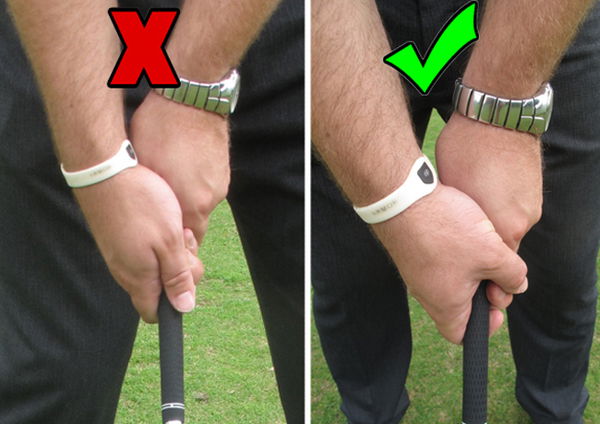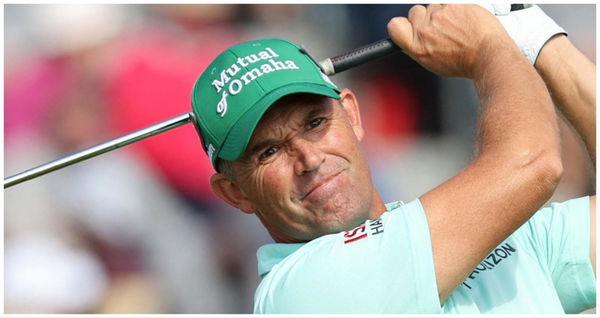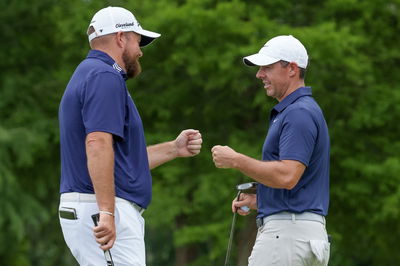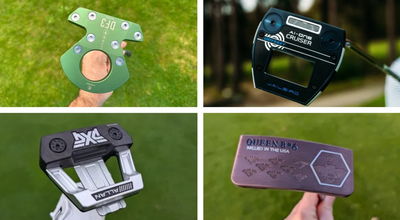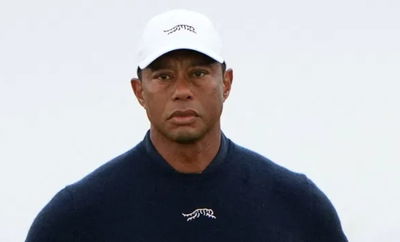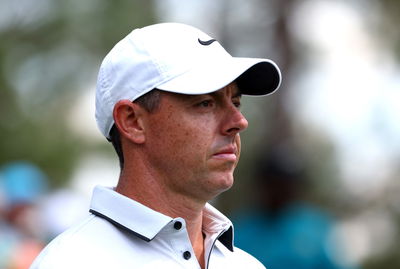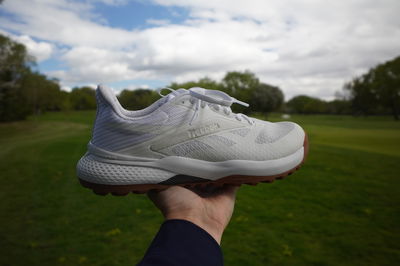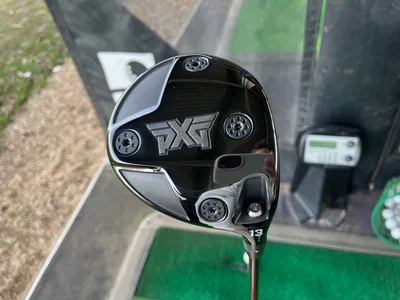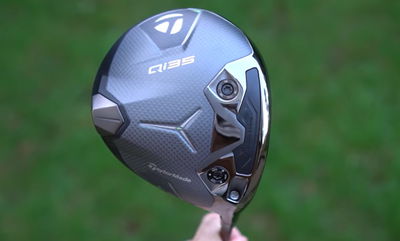Rethinking traditional club selection
Golfmagic contributor Scott McCormick, who also writes for Golf Now Houston, talks about the ways to take your golf game to the next level.
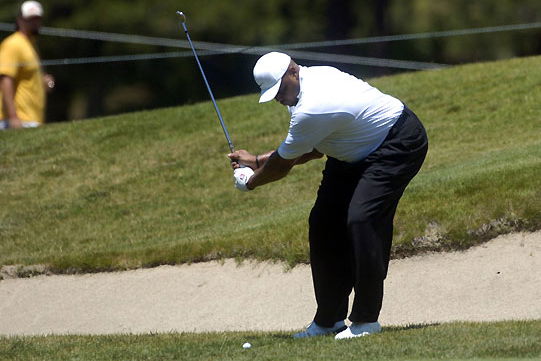
Golfmagic contributor Scott McCormick, who also writes for Golf Now Houston, talks about the ways to take your golf game to the next level.
Like anything in life, there are ways to go about doing things. People feel more comfortable sticking with the norm, and it’s no different in golf. It’s tradition to get the driver with the biggest head on it out of the bag on the tee box. It’s also expected for a golfer to to try and smash that tiny white ball into oblivion.
Golf is a sport that requires attention to detail, and due to each player being unique in ability and style, sometimes players need to step back from what’s expected. Specifically, it can really benefit a golfer to rethink the way they select clubs for various shots within a round. Just because a club works best for the majority of people doesn’t mean it’s best for you. Realising this can give you the freedom you need to tailor your game and take it to the next level.
Below are the reasons that traditional club selection fails to result in universal success, and why that’s the case...
Not everyone is the same
Each and every golfer has their own style, and we see it within all levels of play. Whether it’s a player competing in the masters or down the local driving range, a person’s technique is unique to all others when broken down completely.
No one has exactly the same swing or technique, and this is a significant reason why traditional club selection can be a detriment to certain golf games.
A club that works for one player may not lead to the same performance for another player. For instance, a standard driver may not work off the tee box for a certain golfer because of their swing mechanics. Due to this person’s backswing and impact angle, the clubface of a driver may not yield accurate trajectory. Could this be a fundamental problem that this golfer has? Sure, of course it could, but most golfers have flaws and it’s important to choose a club that fits player mechanics.
Advice: If you’re trying to mold your game or a certain shot around your clubs, it’s best to rethink it and give yourself a better chance at success. Traditional club selection by default doesn’t include particular attributes of the golfer using the equipment. It’s best to realise this early on in a golf career.
Clubs vary
A hybrid driver in one person’s bag is different than another model in the next golfer’s arsenal. Clubs also obviously vary in size. It’s that simple. Traditional advice that says to hit your wood on a 250 yard fairway shot may not be in your best interest, depending on how you as a golfer relate to that club and how your particular club is built and designed.
Similarly, a pitching wedge may not always be your best option out of the rough by the green just because it’s a pitching wedge. The shaft and clubface on irons and woods vary much more than people think, and this is especially true for those just starting a golf career who seek common advice.
Advice: Your clubs may not be the best made or fit the traditional set in design. Do your best to practice with your clubs and better understand your golf bag. Doing so can help you break away from common club advice and find much better accuracy and effectiveness on the course.
Situations are fluid
Whether it’s course structure, weather or specific ball lie, situations are extremely influential when it comes to club selection.
Traditional club selection, like the choice to pull a driver out on a par-5 tee box, is risky to lean on. What if the hole is a sharp dogleg left at 150 yards with water just past the turn? Many golfers, especially those just beginning, translate a tee shot to a power competition that is exclusively carried out with a massive driver. Major caution needs to be taken in these situations, because particular circumstances must be considered.
Advice: Before making a club selection, and when considering club choice in general, be sure to analyse the situation you’re in. Too often club selection is based solely on distance. Distance is only one of the many factors to consider.
There are so many components to a successful golf game, and they vary dramatically from one golfer to the next. Club choice is no different. Making sure that your selection process applies to you explicitly can really help drop strokes and assist you in achieving more as a golfer. From there, your experiences on the links will vastly improve.
